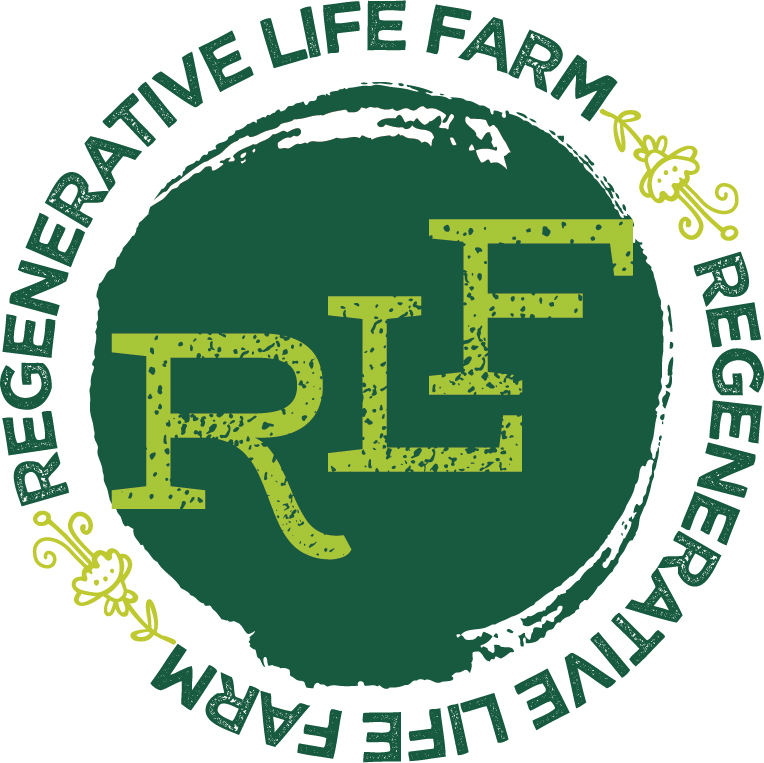A New Old Method
This was published in the May 13, 2021 edition of The Fish Wrap.
Korean Natural Farming (KNF) is a new buzzword in the natural farming world, but its core principles are the same as what we talk about in these columns. The fundamental strategy of KNF is to strengthen the biological functions of the plant/soil system to increase productivity and nutrient density while eliminating the need for chemical interventions to fight pests and disease. Cho Han-kyu developed KNF as a combination of ancient farming practices and fermentation practices popular in Korea. The techniques developed in Korea can be adapted to fit any local environment.
One KNF practice is the collection, nurturing, and redistribution of Indigeneous Microorganisms (IMOs). You collect some healthy soil or some kind of local material (like wheat or wood chips), nurture in compost to increase microbial populations, then use an extract to spread the microorganisms across your garden. This practice is similar to eating yogurt to increase the healthy microorganisms in your gut!
Other amendments and fertilizers made with KNF practices include fermented plant juice (FPJ), water soluble calcium (WCA), and fish amino acids (FAA). FPJ’s can be made from any species of plants for many different results. Different plants accumulate varying levels of nutrients that can be reapplied to your garden after fermenting. WCA is one that we have tried. It's a simple reaction between eggshells and vinegar. Once made, most of these products are fairly shelf stable and can be used throughout the growing season in foliar or drip applications.
One source of good information on this topic is YouTube videos by Chris Trump. He goes step by step on how to make all the different concoctions. KNF practices are about cycling nutrients and organisms from our local environment to create a closed loop system. What is in your yard that you can turn into plant food?
